The date when food items that contain ingredients from genetically engineered plants or animals must be labeled to be sold in Vermont is almost here, and lawmakers haven’t managed to strike down the law yet, so food companies will have to print or add the information to items shipped to Vermont. Or they could do what Coca-Cola plans, and not ship the items for a while. [More]
labeling
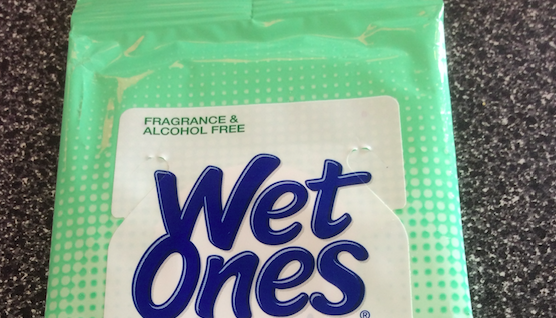
Why Does My Alcohol-Free Product List Alcohol As An Ingredient?
When shopping for personal care products like antibacterial soap or hand sanitizer, many customers look for brands that don’t contain skin-drying alcohol. So what happens when you pick up an item that’s clearly marked “alcohol-free,” but upon closer inspection, the ingredients list includes at least one “alcohol” component? [More]
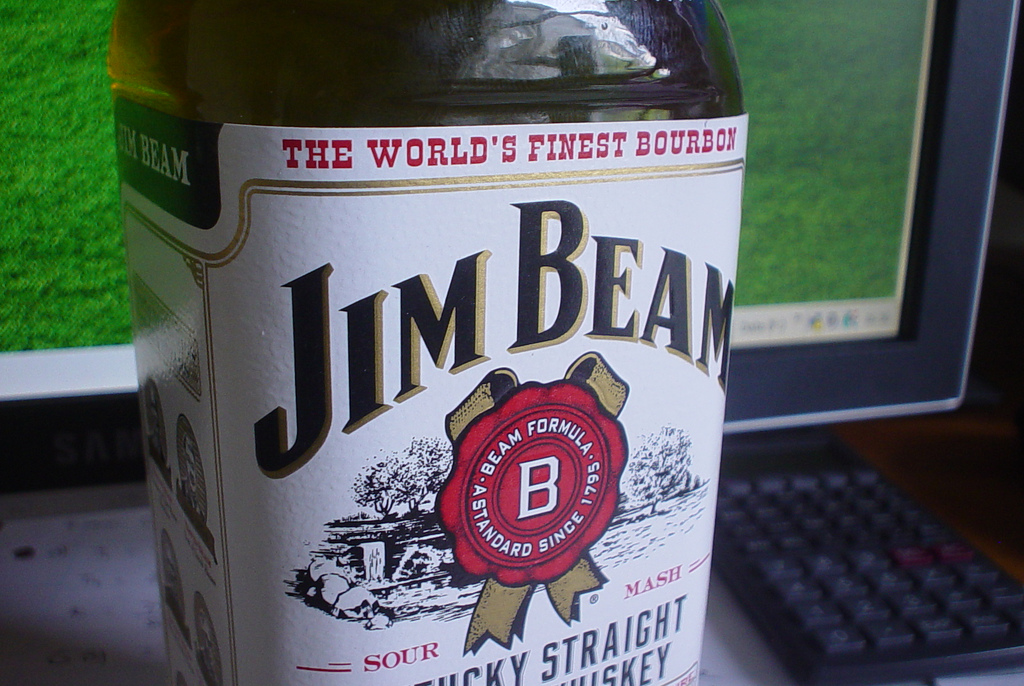
Judge Dismisses Jim Beam False Advertising Lawsuit Over “Handcrafted” Label
A lawsuit that claimed Jim Beam’s “handcrafted” description was all a lie has been dismissed by a federal judge in California, noting that the use of stills is common in the industry, and that customers understand the whiskey is made using some machines. [More]
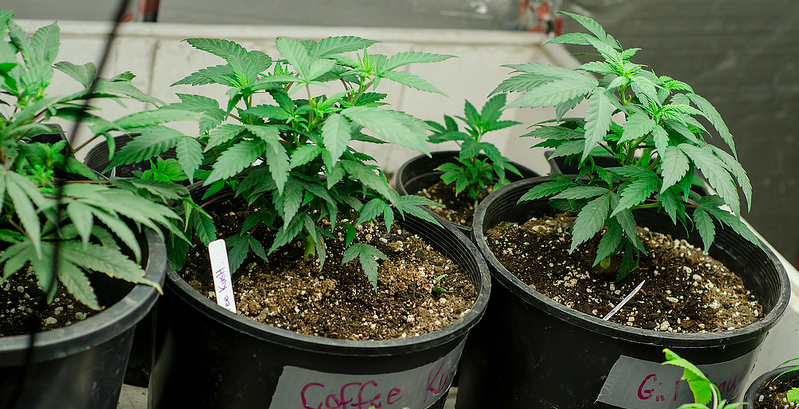
Colorado’s Pot Edibles Might Come Stamped With A Red THC Stop Sign
Stop, in the name of not accidentally getting stoned and losing your mind a la Maureen Dowd: In order to keep Colorado residents from mistaking marijuana edibles for non-drug-laced food, the state might slap stickers with red stop signs with the letters THC on them to warn folks before they ingest. The stop signs would also be stamped on the food itself. [More]

Food Industry Volunteers To Self-Regulate GMO Labeling By Doing It If They Feel Like It
Do you have any idea if the ingredients in that sandwich you just made for lunch were genetically modified? Probably not: there’s no federal rule requiring labeling of GMO ingredients one way or the other. Now, a group of food industry organizations is calling on Congress to take action about GMO labeling… but the request isn’t quite what it seems. [More]
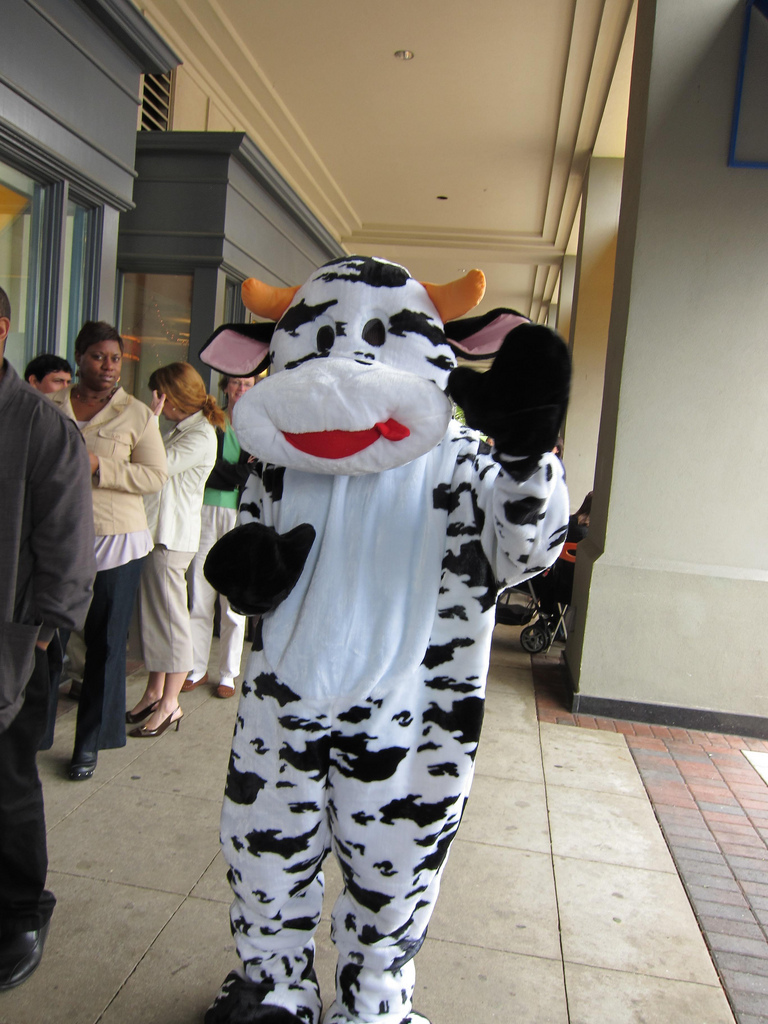
Is Your Food Genetically Modified? Senator Asks President To Change Rules So You’ll Know
Senator Dianne Feinstein of California today urged the Obama administration to change FDA food labeling regulations to include a provision for indicating when foods or ingredients come from a genetically modified source. [More]

Plain Boxes & Hens Wandering In The Yard Do Not Free Range Eggs Make
There are very good reasons why many countries have governing bodies checking to make sure that what the business says it’s selling, it’s actually selling. But one couple in England thought they could pull a fast one on customers and regulators when they ran low on free-range eggs, aided with a bunch of chickens wandering in a yard and some plain packaging. [More]
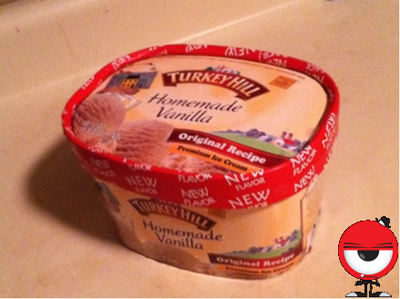
Turkey Hill Ice Cream Is Somehow Both "New Flavor" And "Original Recipe"
In a kind of weird labeling paradox, this Turkey Hill Homemade Vanilla ice cream is simultaneously “New Flavor” AND “Original Recipe.” Reader GR scratched his head over it and sent it in using The Consumerist Tipster App. It’s new, but it’s original, but it’s new, but it’s the original… The logic loop continues ad infinatum until all worlds collapse and the universe reaches a state of perfect entropy. I’m afraid for GR to open it; he might find Schrödinger’s cat inside. [More]

Organic, Natural Meat May Have More Preservatives Than Label Says
If you avoid standard processed meats because of labels indicating they’re packed with potentially damaging preservatives including nitrate and nitrite, your efforts may be in vain. The “organic” and “natural” alternatives may include similar chemicals, despite what their labels say. [More]
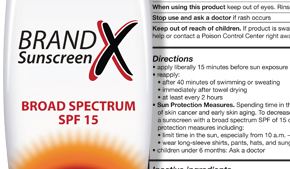
FDA Announces New Labeling Standards For Sunscreen
Earlier today, the Food and Drug Administration announced new labeling guidlines for sunscreen in an effort to make it clear to consumers which products offer the best chance of keeping your skin from turning into shoe leather. [More]

The Blueberries In Your Food Could Be Fake
Here’s something to choke on. The “blueberries” inside that muffin or cereal you love so much might not actually have ever been blueberries. Instead, they are a composite of sugars and starches that have been dyed blue. Check the label. If it says “blueberry flavored chrunchlets,” for instance, those are actually sugars, soybean oil, red #40 and blue #2. Reached for comment, Kellogg’s told NPR that the stuff is “labeled in compliance with applicable laws and regulations.” Well that takes care of that. If it’s not illegal and is profitable, do it. [More]
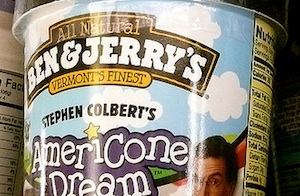
Ben & Jerry's Dropping "All Natural" From Labels
After the Center for Science in the Public Interest complained last month that “all natural” doesn’t include things like alkalized cocoa and hydrogenated oil, Ben & Jerry’s announced yesterday that it will stop using the phrase on its ice cream cartons. [More]
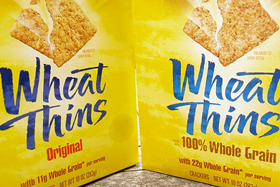
Whole Grain Wheat Thins Are No Healthier Than Regular Ones
Here’s a perfect example of why you should ignore what’s on the front of a product package and go straight to the nutritional info instead. Kraft’s Wheat Thins now come in a “100% Whole Grain” variety, which you might think translates into more fiber for your digestive tract. It even says on the front that one serving packs 22g of whole grain versus 11g for regular Wheat Thins. It turns out, however, that both crackers provide the same amount of dietary fiber and fat–and the whole grain version also has more sodium and is made with high fructose corn syrup. [More]
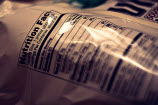
FDA Wants To Know Which Labels You Read When You Shop
The Food and Drug Administration is looking into adjusting labeling regulations and wants to know what you’re looking for to ensure a food item’s healthiness when you’re digging through supermarket shelves. [More]
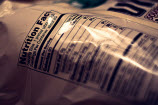
Study Finds Consumers Want Their Food Labeled As Inspected For Safety
A Michigan State University study found the majority of consumers look for labels that signify products they’re buying were inspected for safety, and that about a third are willing to pay more for such labeling. [More]
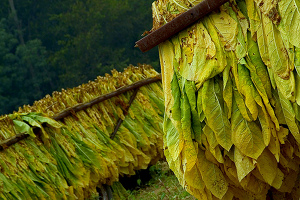
FDA Wants Tobacco Companies To Submit Ingredients List By June
“Tobacco products today are really the only human-consumed product that we don’t know what’s in them,” the director of the FDA’s Center for Tobacco Products said to the Associated Press. To address that, the agency has told tobacco companies to provide a list of the ingredients in their cigarette brands by June 2010. The FDA says it won’t publicize a lot of the data in order to protect trade secrets, but that by June 2011 it will publish a list of “harmful and potentially harmful” ingredients, at which point tobacco companies will have to start listing the amounts of each one on their products. [More]

States To Consider Labeling Requirements For Printer Ink Cartridges
At the National Conference on Weights and Measures later this month, some states are planning to talk about printer ink cartridge labeling and whether it should be more standardized. “It’s time to sort all of this out,” the Florida Weights & Measures chief told the Kansas City Star. Of course, printer companies aren’t about to go along with any changes quietly–Lexmark has already submitted a letter saying that displaying any information on the cartridges will only confuse consumers, because the cartridges are micro-machines and not just ink containers. [More]
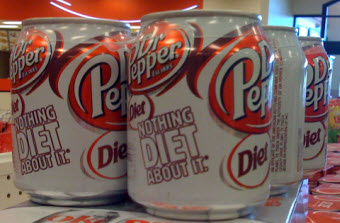
Diet Dr. Pepper Cans Say It Isn't
Jenny the Bloggess was confused when she spotted these cans of Diet Dr. Pepper, as to the amount of diet-ness to the product, which claims there’s “nothing diet about it.” [More]


